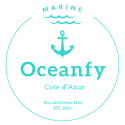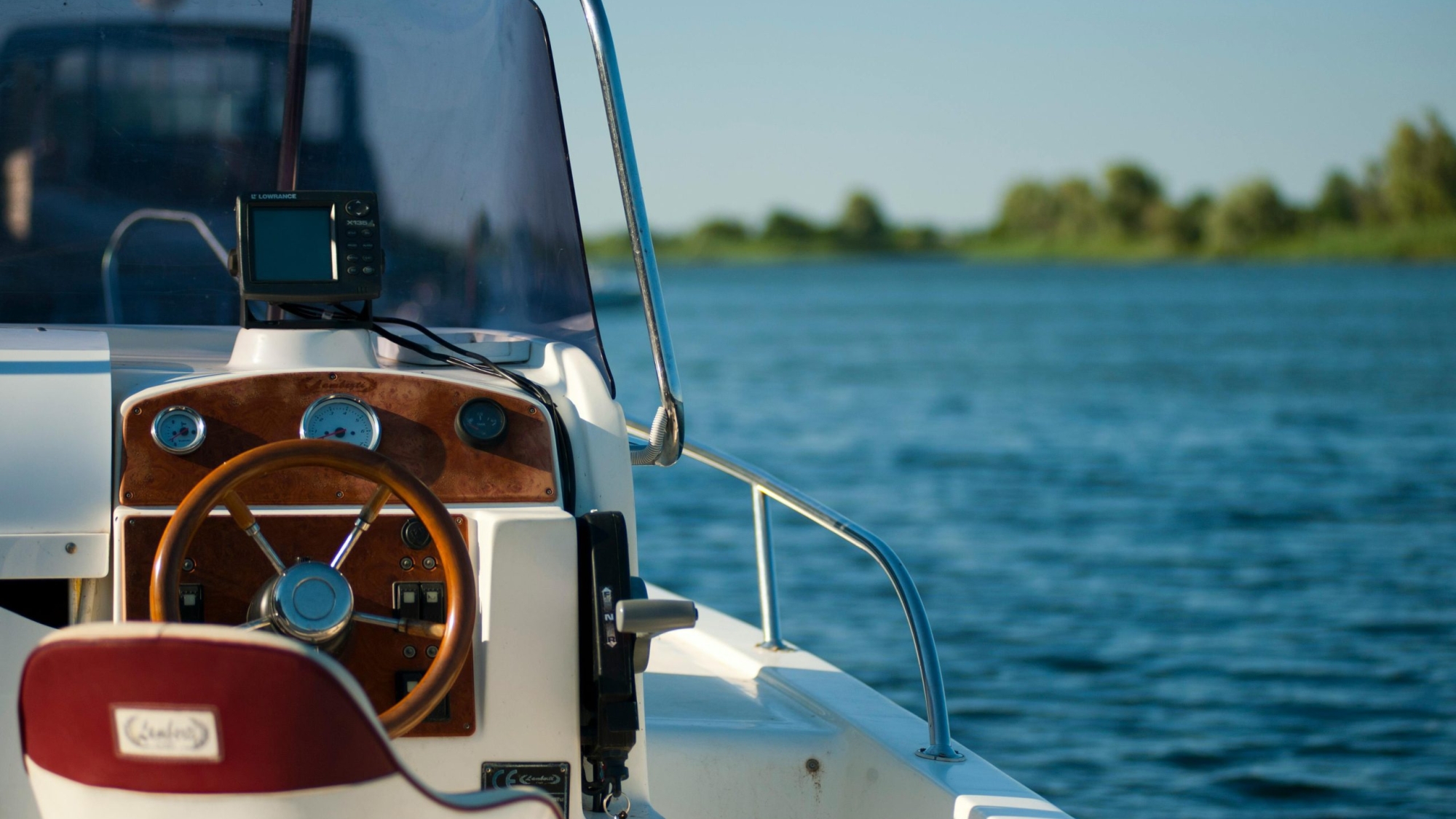As boat owners along the stunning French Riviera, we have a unique responsibility to protect the breathtaking environments we enjoy. The impact of pollution from recreational boating can be significant, threatening marine ecosystems and the crystal-clear waters that attract visitors from around the globe. However, by adopting sustainable practices, we can minimize these risks and promote a healthier ocean for all. Here’s how you can be an eco-conscious boat owner in this magnificent region.
Understanding the Impact of Pollution
Types of Pollution: Boating contributes to various forms of pollution, including:
- Oil and Fuel Spills: Accidental spills during refueling or maintenance can harm marine life and disrupt local ecosystems. The French Riviera, known for its rich biodiversity, is particularly vulnerable.
- Sewage Discharge: Discharging untreated sewage directly into the water can introduce harmful pathogens and nutrients, leading to algal blooms that threaten the marine habitat.
- Debris: Trash and debris from boats can choke marine habitats and harm wildlife, from the vibrant coastal cities of Nice and Cannes to the tranquil bays of Saint-Tropez.
Environmental Consequences: Pollution can lead to significant challenges in this iconic region, such as habitat destruction, reduced water quality, and declining fish populations. Protecting these natural resources is vital for maintaining the Riviera’s allure as a premier boating destination.
Sustainable Practices for Eco-Conscious Boat Owners
Choose Eco-Friendly Products: Use biodegradable cleaners, eco-friendly paints, and non-toxic antifouling products. Traditional boat maintenance products often contain harmful chemicals that can leach into the water. Opting for environmentally safe alternatives helps protect the marine ecosystems of the Côte d’Azur.
Implement Waste Management Practices: Install a holding tank for sewage and ensure it is emptied at designated pump-out stations, which are often available in marinas along the French coast. Carry trash bags onboard and always dispose of waste properly to prevent marine debris from marring the beauty of our beaches.
Optimize Fuel Efficiency: Regularly maintain your engine to ensure it runs efficiently, and consider using fuel additives that reduce emissions. Planning your routes to minimize fuel consumption not only cuts costs but also helps protect the serene waters of the Riviera.
Practice Responsible Docking: Avoid anchoring in sensitive areas such as seagrass beds and coral reefs found in places like the Calanques National Park. Use designated mooring fields to protect delicate marine habitats and ensure the preservation of these natural wonders.
Reduce Speed and Wake: Operating at lower speeds reduces fuel consumption and minimizes wake damage to shorelines and aquatic habitats. This practice is particularly important in shallow areas where wake can erode the beautiful sandy beaches that define the French Riviera.
Engage in Marine Stewardship: Participate in local beach clean-ups, support marine conservation organizations, and advocate for policies that protect marine environments. The Riviera offers a vibrant community of eco-conscious individuals committed to preserving its natural beauty, and your involvement can make a difference.
Conclusion
Becoming an eco-conscious boat owner on the French Riviera is about more than just enjoying the water; it’s about protecting it for future generations. By adopting sustainable practices, you can minimize pollution risks and contribute to the health of our oceans and coastlines. Every small change you make can lead to significant positive impacts. Let’s take responsibility and set a precedent for others in the boating community to follow.


Leave Your Comment